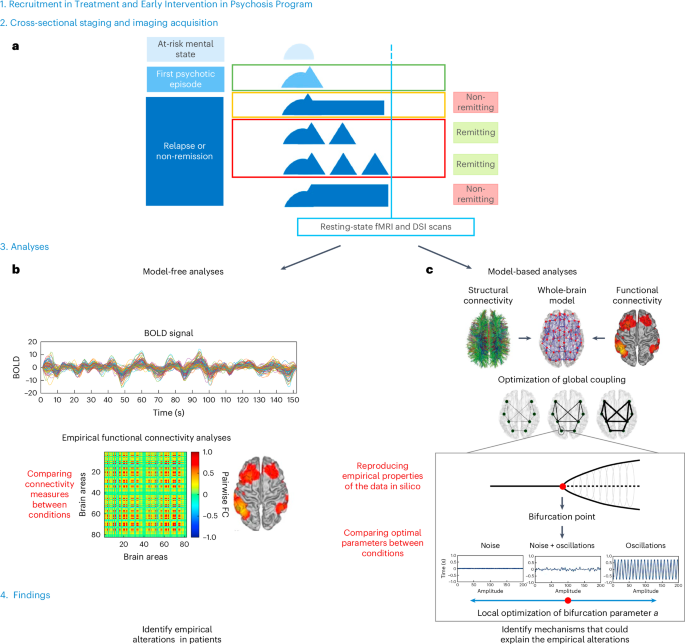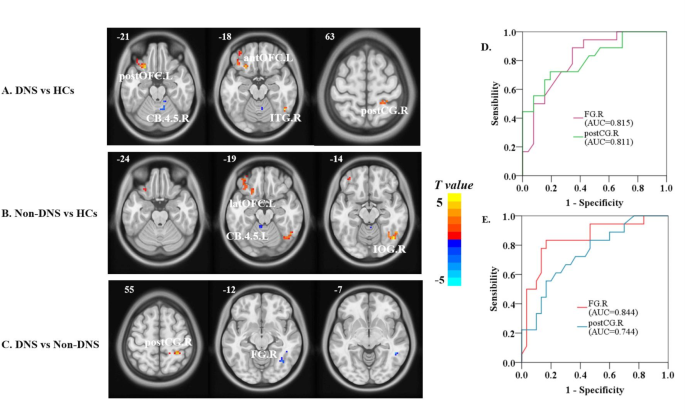Novel Machine Learning Approaches to Facilitate Skin Cancer Detection - DSI
Timely and accurate cancer diagnosis is vital to improving patient outcomes. In resource-constrained settings, this is especially challenging due to the limited availability of trained personnel and infrastructure. To fill this gap, a team of researchers at UChicago led by Steven Song, an MD-PhD candidate in the Department of Computer Science, evaluated the effectiveness of novel small-scale AI models in supporting cancer diagnosis.
Song and colleagues demonstrated that even with minimal computational resources, small-scale models built upon pathology foundation models (which are trained using larger, more general-purpose datasets) can be easily adapted to distinguish non-melanoma skin cancers from healthy tissue with a high degree of accuracy. The findings offer a possible auxiliary strategy for resource-limited settings and could potentially be applied to a broad range of other conditions.
“These findings highlight the importance of architectures that can build impactful AI models when high quality data is available, even in environments with limited computing infrastructure,” said Robert Grossman, Frederick H. Rawson Distinguished Service Professor in Medicine and Computer Science and the Jim and Karen Frank Director of the Center for Translational Data Science. Grossman also serves as the Chief of the Section of Biomedical Data Science in the Department of Medicine as well as Chief Research Informatics Officer (CRIO) of the Biological Sciences Division.
These are some of the earliest results to come out of the Meshes of Midscale Models (M3) Initiative, which was launched to apply AI to current challenges in biology, medicine, and healthcare.
Read the press release and research article to learn more.









